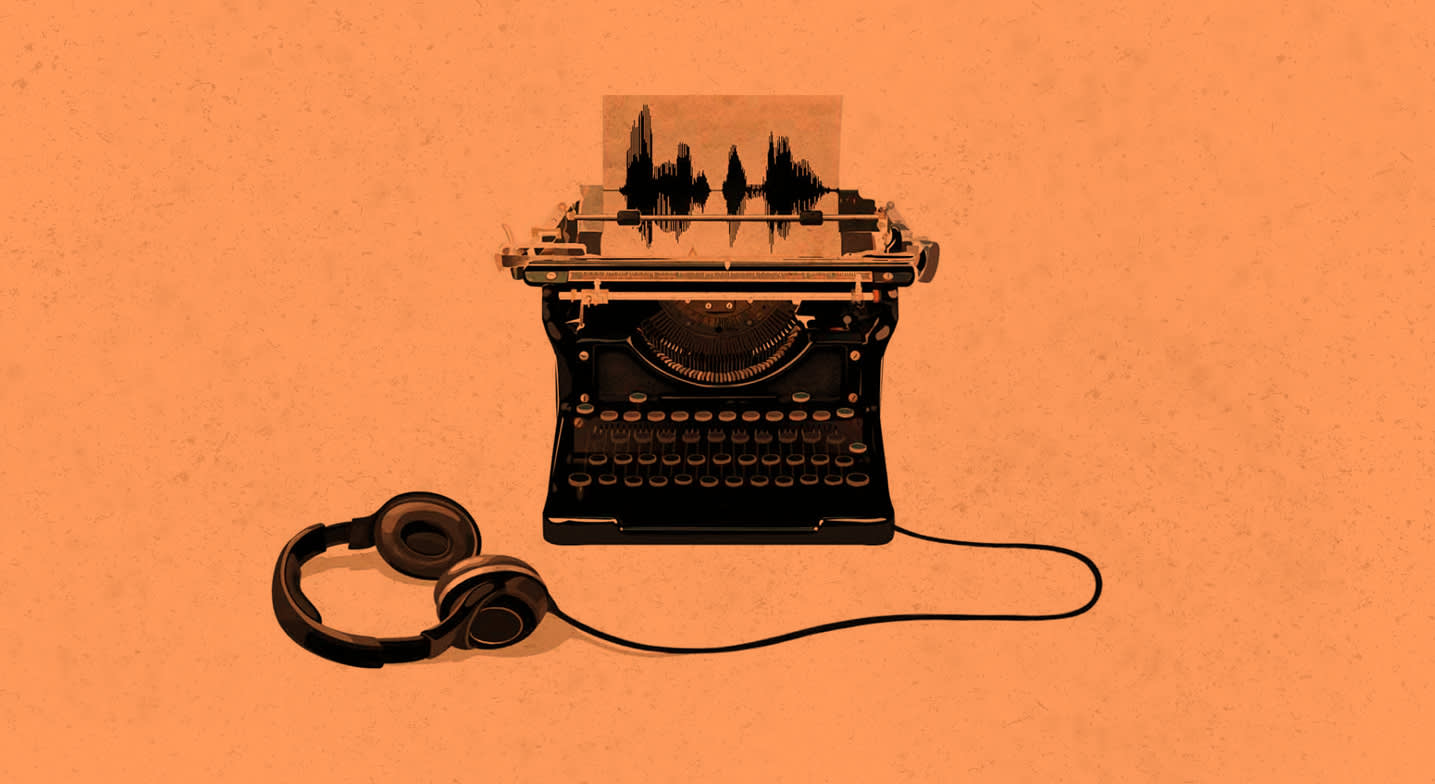In “Cubby,” a short story by Christi Nogle, a nameless mother and child (whose gender has not been identified) zip through time, dipping eerily in and out of their relationship with the child’s father. It takes its cues from Octavia Butler’s Kindred and invokes the more dystopian facets of George Saunders’ work. There is, of course, a twist — both to the plot and how the story itself is being distributed.
“Cubby” is the second winner of the Portable Story Series contest, in which winning submissions are chosen by an established writer to be read by a notable narrator — in this case, actress Lili Taylor — and then made available for download. The series asks for donations in lieu of download fees, which benefit charities including Lava Mae, which repurposes retired transportation buses into showers and toilets on wheels to deliver hygiene and restore dignity among homeless; Classes 4 Classes, which provides a social network that promotes kindness by connecting teachers and students with other classrooms; and Soul River Inc. Runs Wild, which enables U.S. veterans to mentor inner-city youth into becoming leaders.
For Nogle, it’s a break that came rather unexpectedly. “I’m one of those people who has been writing for years but never got around to submitting my stories,” she says. “I was very excited, of course, to win. And when I heard Lili Taylor would narrate the story, I was overjoyed: Her voice is so beautiful and it has a vulnerable tone to it. I think it will be perfect for the story.”
Portable Story Series is the brainchild of Charles de Montebello, the founder of multiple-Grammy Award-winning audio studio CDM Sound Studios in New York City. Since 1998, de Montebello’s studio has helped record, produce, and edit audio for books, podcasts, film, television, and just about any platform where sound plays a role in the narrative development of a story. Clients include everyone from MTV to Vanity Fair to the National September 11 Memorial & Museum.
The question de Montebello found himself mulling over a couple years ago was how to “expand and do more,” he says. “The idea was to come up with a platform for writers, as well as listeners, and connect them with worthwhile causes. I’ve donated money, and it always feels like throwing it into thin air — you go to a website and give a donation and that’s it.”
“The idea was to come up with a platform for writers, as well as listeners, and connect them with worthwhile causes.”
With the resources he had at CDM, it didn’t take de Montebello long to realize he had the answer right in front of him. “It’s easy to get writers to write and submit,” he says. “It’s easy to get authors to judge something for charity. Narrators and actors want to do what they do. A lot of celebrity narrators come through here all the time. It’s a small leap to image we can entice them with this.”
And so Portable Story Series was born. The first contest was held in January. De Montebello chose a theme — hunger — and tapped PEN/Faulkner award-winning novelist Kate Christensen to judge the entrants. The winning story, “How You Like,” was written by Jari Chevalier and was picked out of a pile of more than 30 submissions. While the theme was hunger, Chevalier’s story is more about a hunger for intimacy. In it, a woman trying to come to terms with a betrayal takes a cathartic journey to India with her teenage son. As the winning selection, it was narrated in a warm, full-bodied voice by January LaVoy, best known for her portrayal of Noelle Ortiz on One Life to Live.
“I fell in love with this project as soon as I heard about it because it’s so win-win-win, all the way down the line,” says Chevalier, who has published poetry and nonfiction but never fiction before. “I loved that Charles and his team were trying to connect creative people and what they’re trying to achieve in their world with actual hands-in-the-dirt, boots-on-the-ground activists working for social change. I just think it’s brilliant.”
“I’d be thrilled if any of the narrators who are working on this would narrate something I wrote. I’d be delighted.”
Portable Story Series is asking for submissions every four months — three times a year — in hopes of giving exposure to lesser-known writers like Chevalier and Nogle, as well as raise awareness of the charities’ work. The ideal length for de Montebello is between 2,000 and 4,000 words — about 20-25 minutes of audio. “The perfect commuting-time length,” he says. Still, he admits that despite the high-profile narrators and judges involved, it has been a challenge to raise awareness. “It’s taken more time to spread the word than I’d anticipated,” he says.
But the series isn’t even a year old yet, and the people involved are deeply committed.
“The way I look at the world is there’s a lot more talent than the gatekeepers allow to get out there,” says writer and academic Paul Levinson, who judged the second contest last month. He was impressed, he said, by the quality of work. Ultimately he chose “Cubby,” which was as good as anything he’s read in science fiction lately.
“You never know what’s out there,” says Levinson, who is himself decidedly out there, having written short fiction and nonfiction, science fiction and fantasy — including the 2006 book The Plot to Save Socrates — in addition to more than 100 songs. “I love these kinds of contests,” he says. “I’d be thrilled if any of the narrators who are working on this would narrate something I wrote. I’d be delighted.”




